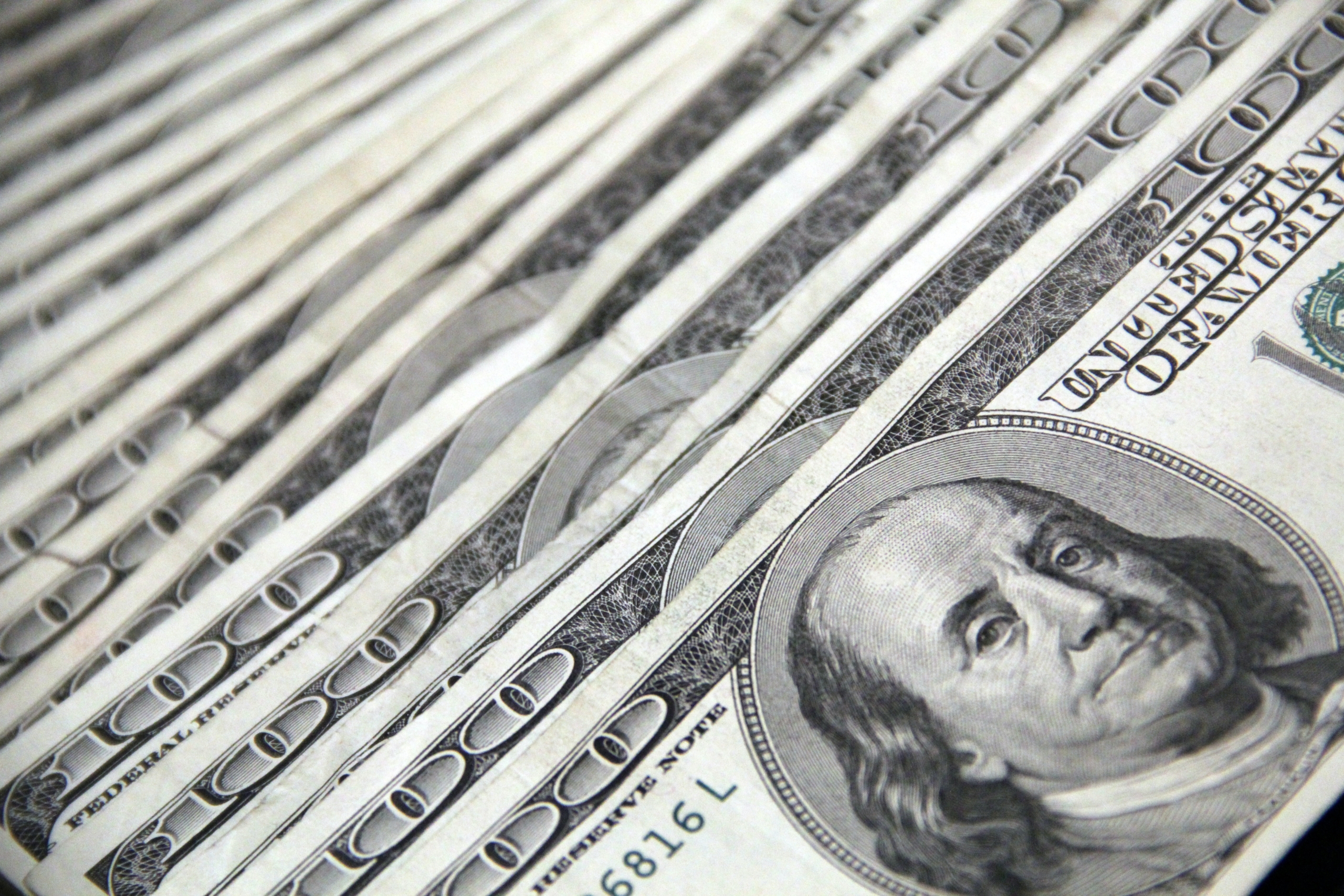Singapore Green Jet Fuel Levy on Travellers Ignites Funding Debate
State of the US economy – should do we concerned?

The US economy has slowed down significantly, and many peoples are worried about what the future holds. While the US is still in a better position than many other countries, inflation remains a significant issue, and the future remains uncertain.
Just two years ago, the US economy was booming, with growth reaching 5.9% in 2021 due to increased consumer spending and job growth. However, this kind of growth could not be sustained, and the economy has since slowed down due to the Federal Reserve’s efforts to cool inflation by raising interest rates by five percentage points since March 2022. The central bank hopes that these actions will discourage borrowing and investment, thus cooling the economy and reducing inflation.
However, the current slowdown is causing concern as the housing sector, which accounts for 15% of the economy, has suffered, and mid-size banks like Silicon Valley Bank, Signature Bank, and First Republic have collapsed due to the shift in rates. Fears are rising that the slowdown could spiral out of control, especially if inflation persists, causing interest rates to go even higher than expected. Investors also see more risks ahead for banks, especially regional lenders who do a lot of business with commercial property firms that have been hit by lower demand for office space due to the rise of remote work and could start struggling to repay their debts.
Despite the slowdown, the US is still in a better position than many other countries, with job creation remaining resilient, and the unemployment rate even lower than it was a year ago. Inflation has also come down to 4.9% in April from its peak in June 2022. The International Monetary Fund expects growth of 1.6% in America this year, the fastest of the seven major advanced economies. However, most people expect something like a recession to happen in the second half of this year, and the Fed’s deliberately engineered slowdown could get out of hand, causing more trouble for the US economy.

